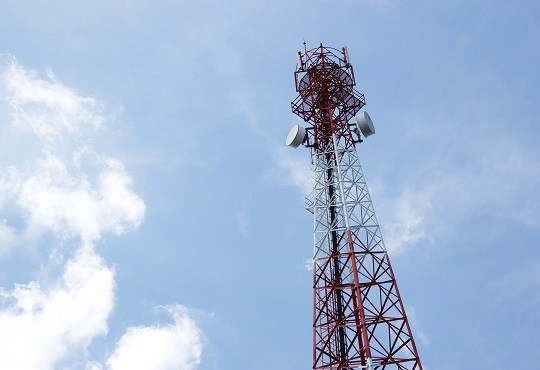BSNL's SIM less 5G Move to Transform India’s Telecom Landscape
CIOTech Outlook Team | Wednesday, 02 July 2025, 02:33 IST

- BSNL launches SIM-less Quantum 5G FWA, offering 300 Mbps for enterprises, homes.
- Expanding 4G with 18,685 new sites, targeting rural and urban connectivity gaps.
- Competitive pricing undercuts Jio, Airtel; plans start at ?197 for 70 days.
Bharat Sanchar Nigam Limited (BSNL), India’s state-owned telecom operator, has launched an ambitious 5G strategy to compete with private giants Reliance Jio, Bharti Airtel, and Vodafone Idea (VI). The plan, unveiled today, centers on a groundbreaking SIM-less 5G service and a robust 4G network expansion, aiming to capture market share through affordability and innovation, particularly in rural and enterprise segments.
BSNL’s flagship offering, the Quantum 5G Fixed Wireless Access service, eliminates the need for physical SIM cards, using indigenous Customer Premises Equipment devices for seamless, high-speed connectivity.
“Our direct-to-device 5G platform is SIM-less and designed for efficient, easy installation, delivering low-latency, and high-speed connectivity ideal for virtual collaboration, gaming, and IoT applications” said Robert Jerard Ravi, BSNL’s Chairman and Managing Director.
BSNL plans to expand trials to Bengaluru, Pune, Gwalior, Chandigarh, Puducherry, and Visakhapatnam by September, with a nationwide 5G rollout to follow.
BSNL Parallel to its 5G initiative, BSNL is developing a 4G net system together with a consortium led by Tata Consultancy Services. TCS has, in the recent past, won a contract of 2,903.22 crores to roll out 18,685 more 4G sites with a focus on urban as well as rural coverage. BSNL now has 70,000 of the 100,000 4G towers which it plans to deploy and the firm is looking to have another 100,000 towers approved by the Cabinet to help close the connectivity gap further.
Also Read: Starlink, Kuiper Partner for Satellite Broadband Launch in India
As of May 2025, Jio has a 40.92 market share in India, surpassing Airtel with a 33.61 share, VI with a 17.61 share, and BSNL with a 7.82 share. The entry of 5G and affordable costs with a range of 6G spectrum makes BSNL a competitor that can destroy the monopoly of the private players, especially in villages where the broadband penetration is still weak.
India’s telecom market, with 1,207 million subscribers as of May 2025, is poised for growth driven by 5G adoption. While Jio and Airtel dominate, capturing 99.8% of new subscribers in May, BSNL’s focus on affordability and rural connectivity could disrupt the market. The entry of satellite services like Starlink is expected to complement terrestrial networks, further enhancing connectivity in remote areas.
BSNL’s bold 5G strategy, combining innovative technology with competitive pricing, signals its intent to reclaim market relevance. If it delivers on network quality and coverage, BSNL could emerge as a formidable alternative to private telecom giants, bringing high-speed connectivity to millions of Indians.




.jpg)